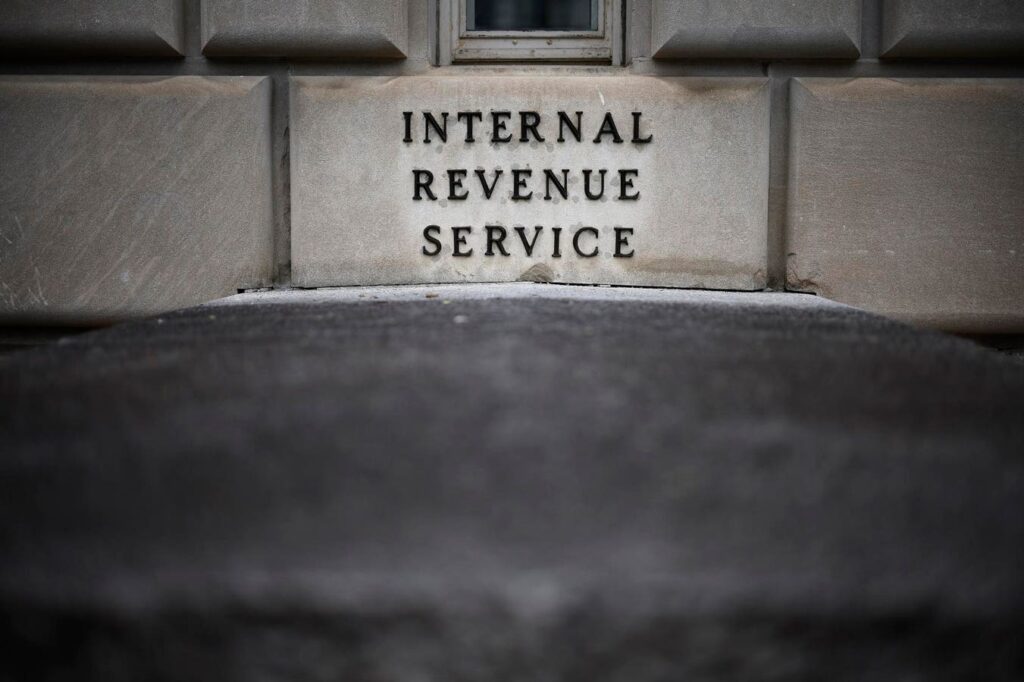In the area of gift taxes, one of the fundamental principles in U.S. tax law is what is known as the “annual exclusion” gift limit. This allows individuals to gift up to a certain amount per recipient each year without incurring any tax liability or needing to file a gift tax return. For 2025, the annual exclusion amount is set at $19,000 per recipient, meaning that a donor can give up to this amount to an individual without triggering any gift tax. While gifting over the annual exclusion amount would trigger a gift tax, U.S. citizens do have a lifetime exemption amount of $13.99 million in 2025; thus, gifts over the annual exclusion amount would reduce such individual’s available estate tax exemption upon death.
However, there are exceptions to these gifting rules, particularly when it comes to tuition and medical expenses. These exclusions allow donors to pay unlimited amounts for these specific purposes without those payments counting against the annual gift limit. Understanding how these exceptions work is essential for anyone looking to provide financial support to loved ones without the burden of gift tax implications.
The Tuition Exclusion: Paying For Education Without Impacting The Gift Limit Annual Exclusion
The first key exception to the annual exclusion gift limit involves paying for someone’s educational expenses. Under Section 2503(e) of the Internal Revenue Code, tuition payments made directly to an educational institution on behalf of a student do not count toward the annual gift tax exclusion. This means that an individual can pay an unlimited amount for someone’s qualified tuition expenses without reducing their $19,000 per recipient annual exclusion or triggering any gift tax (or use of gift/estate tax exemption).
It is important to note that the tuition exclusion is specifically for payments made directly to the educational institution, such as a college or university. These payments must be made for tuition and cannot be used for other expenses related to the student’s education, such as books, supplies, room, and board. This distinction is critical because payments made for these non-tuition-related expenses will not qualify for the exclusion and could count as taxable gifts.
Additionally, the recipient of the gift does not need to be a relative for the donor to take advantage of the tuition exclusion. For instance, a generous individual could pay for the tuition of a friend, a neighbor, or even a non-relative’s child without any tax implications. This makes the tuition exclusion a versatile and powerful tool for anyone looking to help with educational expenses without being concerned about the annual gift limit.
The Medical Expense Exclusion: Paying For Medical Costs Without Triggering Gift Tax Annual Exclusion
The second major exception to the annual exclusion gift limit pertains to medical expenses. Under Section 2503(e) of the tax code, payments made directly to medical service providers for someone’s medical expenses are also excluded from the annual gift tax limits. Like the tuition exclusion, the medical expense exclusion allows for unlimited payments without the donor needing to worry about gift tax.
This provision applies to medical expenses that are paid directly to healthcare providers, such as hospitals, doctors, dentists, or clinics. Payments can cover a wide range of costs, including doctor’s fees, hospital bills, medical treatments, surgeries, and even long-term care expenses. The key factor is that the payment must go directly to the medical service provider — payments made directly to the individual receiving medical care are not eligible for the exclusion.
Moreover, the medical expense exclusion is broad and applies to a wide range of medical conditions and needs. It can even cover health insurance premiums if they are paid directly to the insurance provider. However, it is important to note that the payment must be for necessary medical expenses, not cosmetic or elective procedures. For example, if someone were to pay for elective plastic surgery, that would not qualify under the medical expense exclusion, but if the surgery was medically necessary, it would.
This exclusion also does not require the recipient to be a relative. As long as the payment is made directly to the healthcare provider, the donor could help pay for the medical expenses of a friend or even a stranger, without it counting toward their annual gift limit.
Key Differences Between The Tuition And Medical Expense Exclusions
Although both the tuition and medical expense exclusions allow for unlimited payments without impacting the annual gift limit, there are some important differences between them. The most notable difference is the type of expenses that qualify. The tuition exclusion applies only to payments for qualified tuition to an educational institution, while the medical expense exclusion covers a broader range of health-related expenses.
Another difference is that, in the case of tuition payments, the payment must be made directly to the institution, whereas with medical expenses, the payment must be made directly to the healthcare provider. If the donor gives money directly to the recipient for either tuition or medical expenses, the payment does not qualify for the exclusion.
Conclusion: Leveraging The Exceptions To Annual Exclusion Rules To Maximize Your Giving
The exceptions to the annual exclusion gift limit for tuition and medical expenses provide an incredible opportunity for individuals to make substantial gifts to others without incurring gift tax or reducing their annual gift exclusion. These provisions enable a donor to directly help a loved one or even a stranger with their educational and medical needs, which can be a significant financial burden.
By understanding and utilizing these exclusions effectively, donors can provide much-needed support for education and healthcare while staying within the tax-free gifting limits. However, it is crucial to adhere to the guidelines of making payments directly to the educational institution or medical provider to ensure that the payments qualify for the exclusion. This approach can be a powerful way to help others without worrying about tax consequences, providing both practical benefits and financial relief for the recipient.
Read the full article here

